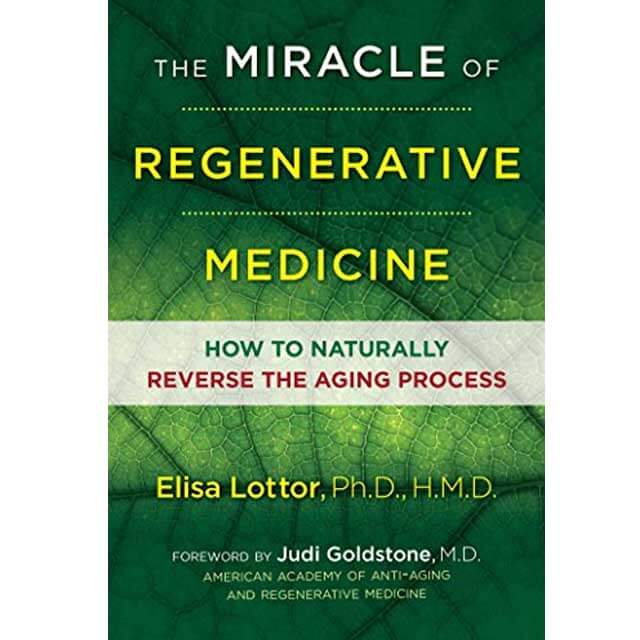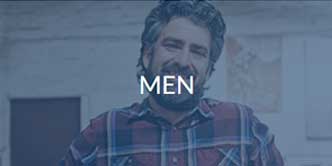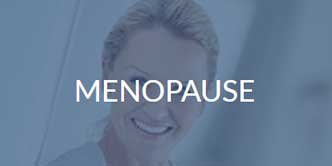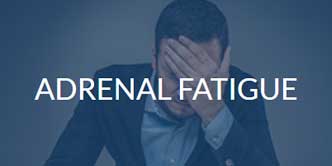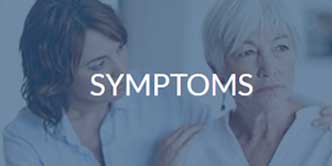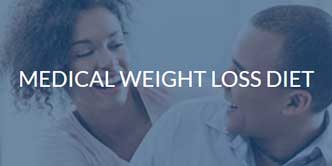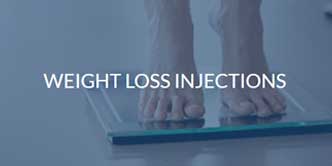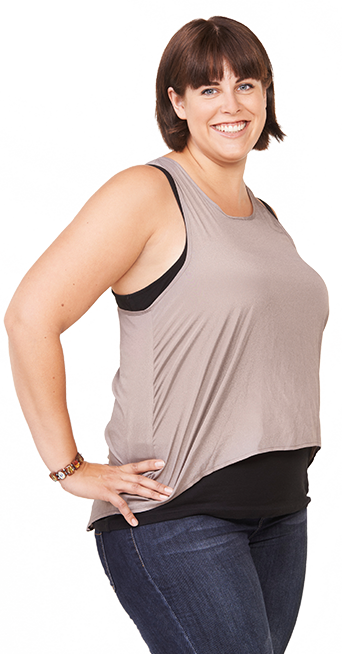Bioidentical Hormone Replacement Therapy (BHRT) & Medical Weight Loss in Torrance, CA.
The Southern California Center for Anti-Aging has specialized in hormone therapy and medical weight loss for the last decade. The physicians and preventative medicine specialists at our Torrance wellness clinic are dedicated to improving the quality of life, appearance, and nutrition of our patients to help them live healthier, look healthier, and be healthier with regenerative and longevity medicine.
We help those in Torrance, Redondo Beach, Manhattan Beach, Long Beach, Palos Verdes and the surrounding area.
Education is an important part of the process. As our patients become knowledgeable about diet, fitness, exercise and stress management, they become more proactive in their own care. Working with our talented team of physicians and preventative medicine specialists, patients learn new and powerful ways to create and maintain their own most youthful selves. In addition, the medical professionals or staff are able to prescribe bioidentical replacements and highest quality pharmaceutical grade supplements, to prevent, reverse and treat the degenerative diseases of aging.
Dr. Judi Goldstone MD is both a board-certified physician and an expert in anti-aging and weight loss. She is dedicated to helping men and women attain their best possible health using the most up-to-date, advanced medical approaches.
Dr. Goldstone is certified by the American Board of Internal Medicine and a member of the American Society of Bariatric Physicians.
Dr. JUDI GOLDSTONE
Functional Medicine Doctor, Hormone Replacement Specialist, Weight Loss Coach


Our Services
Southern California Center for Anti-Aging Has Been Featured In The Following Publications
Dr. Judi Goldstone has been featured in many podcasts and other collaborations as she is considered a thought leader in the world of anti-aging. Dr. Judi Goldstone is both a board-certified physician and an expert in anti-aging and weight loss. She is dedicated to helping men and women attain their best possible health using the most up-to-date, advanced medical approaches.
Dr. Judi Goldstone has been featured in Top Doctor Magazine
As the medical world expands and develops, a fresh approach to patient care is becoming increasingly popular. Alternative medicine develops a personalized outlook on each patient and approaches each person as a unique individual. Dr. Judi Goldstone, a hormone replacement therapy doctor, weight loss specialist and alternative medicine physician at the Southern California Center for Anti-Aging, uses her expertise to aid patients through this method.

What Makes Us A Successful Anti-Aging Clinic in Los Angeles?
The Southern California Center for Anti-Aging is unique in its approach to health and fitness. Located in Los Angeles, we have a holistic approach to wellness and rejuvenation. We deliver complete personalized attention and focus to our patients.
In addition, we offer the benefits listed below:
- Unrestricted one-on-one access to physicians
- Low-cost program and follow-up consultations
- Cutting edge technically advanced diagnostic testing
- Rapid processing time, prompt follow-up on patient inquiries and concerns
- Customized proprietary BHRT (Bioidentical Hormone Replacement Therapy) plans
- Evaluation to determine which nutritional/diet program, exercise regime and supplements are right for you
Feel & Look Younger with Hormone Replacement Therapy,
Fitness Program and Nutrition Guidance
As we age, the hormone levels in our bodies become depleted, causing us to lose the energy, motivation, and drive that defined our youth. Our bodies change, becoming frailer, less lean and less durable. Researchers and the medical community support the concept that a healthy lifestyle and proper nutritional uptake, combined with restoring hormones to optimal levels, can greatly decrease the risk of chronic disease, and significantly increase our quality of life by boosting our energy, focus, passion and drive as we age. In the process, we regain a younger, more robust appearance.
At The Southern California Center for Anti-Aging, patients receive comprehensive evaluation and advanced testing to determine their optimal nutritional and hormonal balance. The results of the evaluation are then custom tailored to each patient program. Each patient’s blood work and medical history is evaluated in detail by Dr. Judi Goldstone, a Board Certified Internal Medicine Specialist and Bariatric Medical Specialist, and one of the most experienced and trusted doctors in anti-aging medicine. Dr. Goldstone monitors the progress of every patient in one-on-one private sessions.
The patients who come to Southern California Center for Anti-Aging regularly experience total lifestyle transformations. In fact, most patients tell us their only regret about the program is that they wish they’d started sooner! Learn More about Anti-Aging Medicine.

Reclaim Your Life With Bioidentical Hormone Replacement Therapy (BHRT)
Hormones regulate the activity of cells and tissues in the body. Optimized and balanced hormones are essential to good health and a feeling of well-being. In both men and women, hormones decrease with age causing a wide range of symptoms such as fatigue, weight gain, loss of sex drive, depression and disrupted sleep patterns (insomnia). The hormones estrogen, testosterone, progesterone, thyroid and cortisol all play a very serious role in daily life and health and an imbalance can impact life dramatically.
Many people resign themselves to living with the serious symptoms caused by hormone imbalance, accepting them as an unchangeable and an untreatable part of the aging process. However, maintaining optimum levels of hormones promotes an improved quality of life, which treats, prevents and reverses many of the degenerative illnesses commonly associated with aging.
Rebuild Your Body and Your Health
If you are struggling with weight loss, you are not alone. Many people have tried countless diets and other methods to address their extra pounds, only to have minimal or only short-term success. So how can you find a safe and effective weight loss plan? The answer is that you need to look in the right place, and now you have.
Healthy programs have sensible components, realistic expectations and sustainable results. Regardless of any claims, the only successful weight loss is healthy weight loss.
Southern California Center for Anti-Aging offers real solutions through several comprehensive and medically supervised weight loss plans led by Dr. Judi Goldstone, a board certified internist trained in bariatric (weight loss) medicine. The objective of the weight loss programs at the Southern California Center for Anti-Aging is to correct the underlying metabolic imbalances that lead to weight gain. Each plan provides healthy options, optimal support and an individualized structure to address your specific metabolic imbalances for maximum results.

Patient Success
Stories
Check out these unexpected weight-loss lessons from people who have been battling their weight for decades.
Weight Loss is Not
Just about the
Calories and Exercise
Our approach allows to identify the underlying causes that are acting as obstacles which must be addressed before weight loss can be achieved. This approach not only allows you to lose unwanted weight but more importantly allows you to achieve overall health.
- Access to the latest drugs and treatments
- Over 25 years’ experience

Free 15 Min Consultation
Use the form to book your FREE 15 min telephone consultation.















